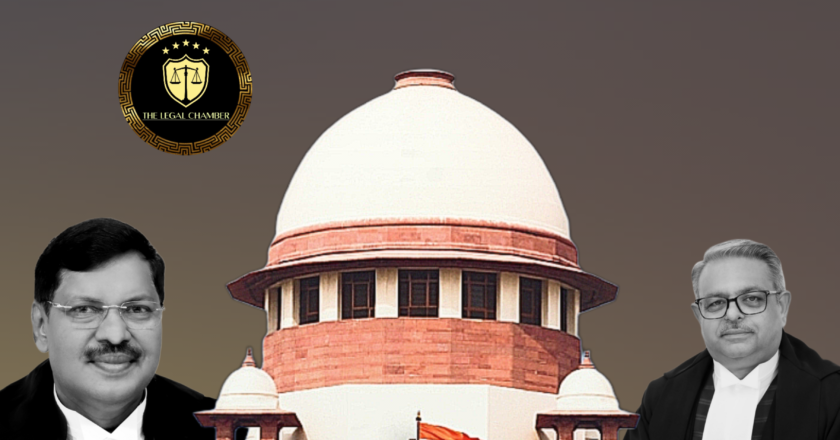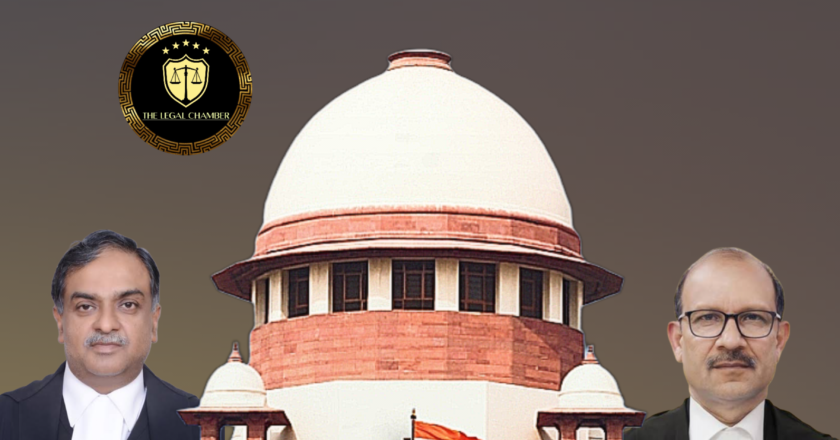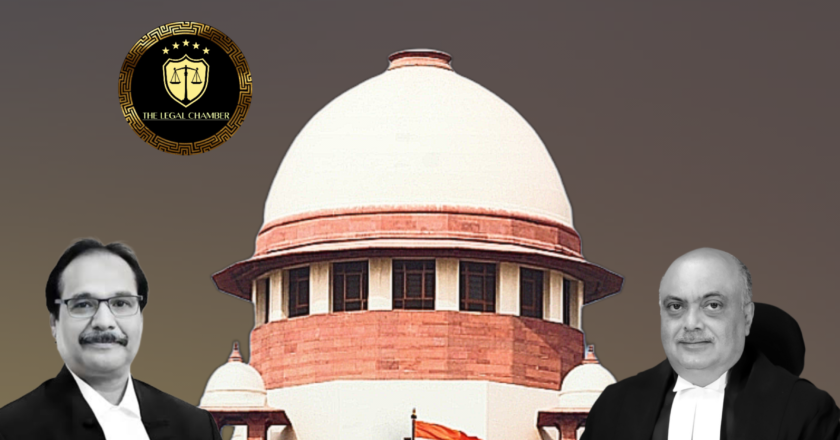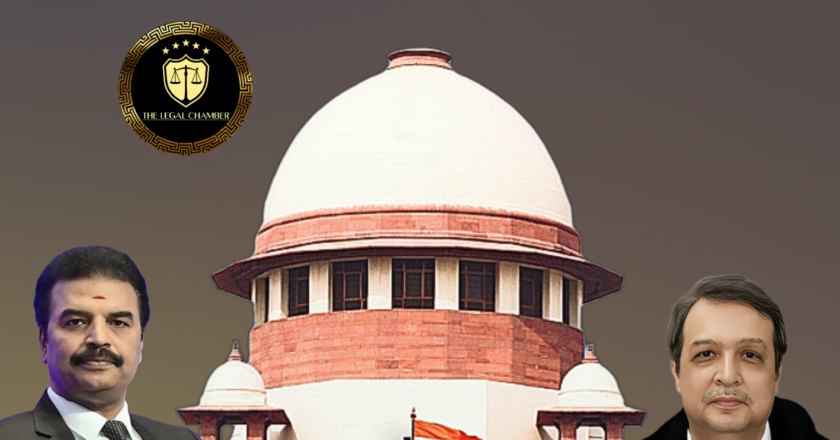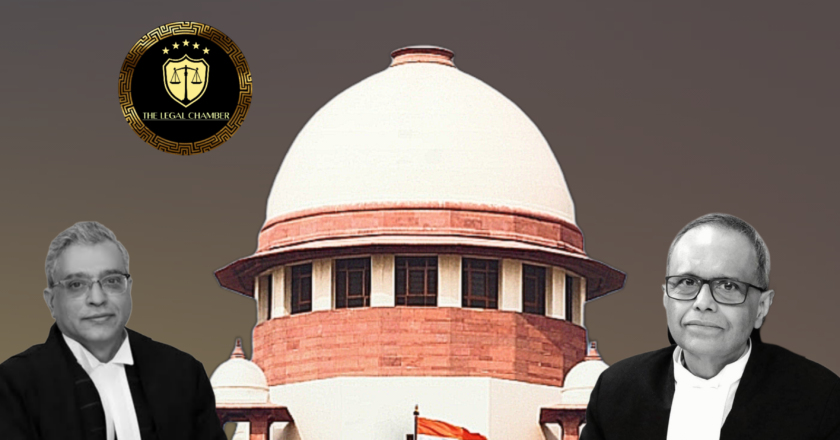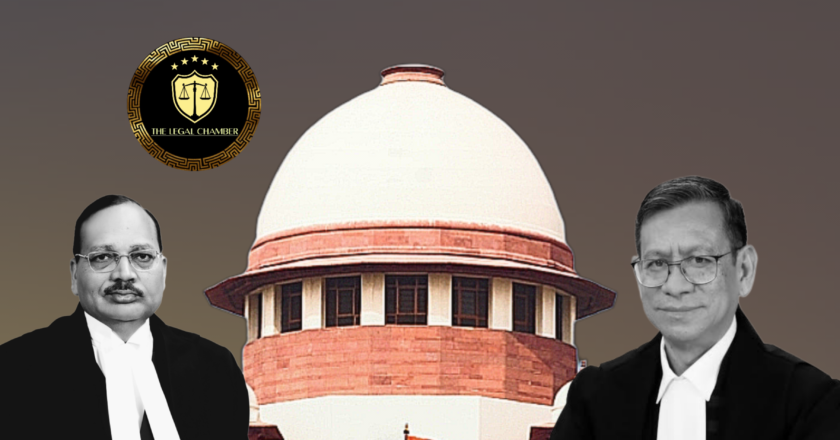Can Juvenility Be Claimed Decades Later? Supreme Court Says Yes in Historic 2025 Judgment
The Supreme Court upheld the conviction of the appellant under Sections 342 and 376 IPC, rejecting arguments about discrepancies in prosecution evidence and delay in FIR registration. However, the Court accepted the appellant’s juvenility claim under the Juvenile Justice Act, 2000, based on school records confirming his age as 16 years at the time of the offense. The sentence was set aside, and the case was referred to the Juvenile Justice Board for appropriate orders, affirming that juvenility can be raised at any stage, even post-conviction, as per precedents like Dharambir v. State (NCT of Delhi). The Court emphasized that credible prosecutrix testimony, corroborated by medical evidence, suffices for conviction in rape cases.
Facts Of The Case:
The case involves an appeal against the ...
